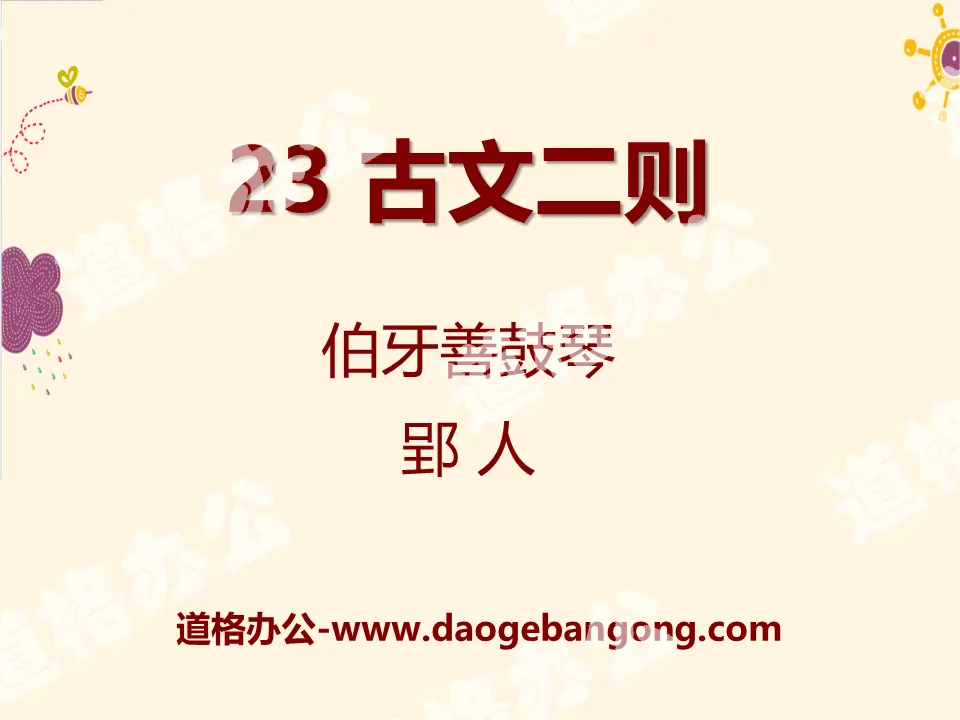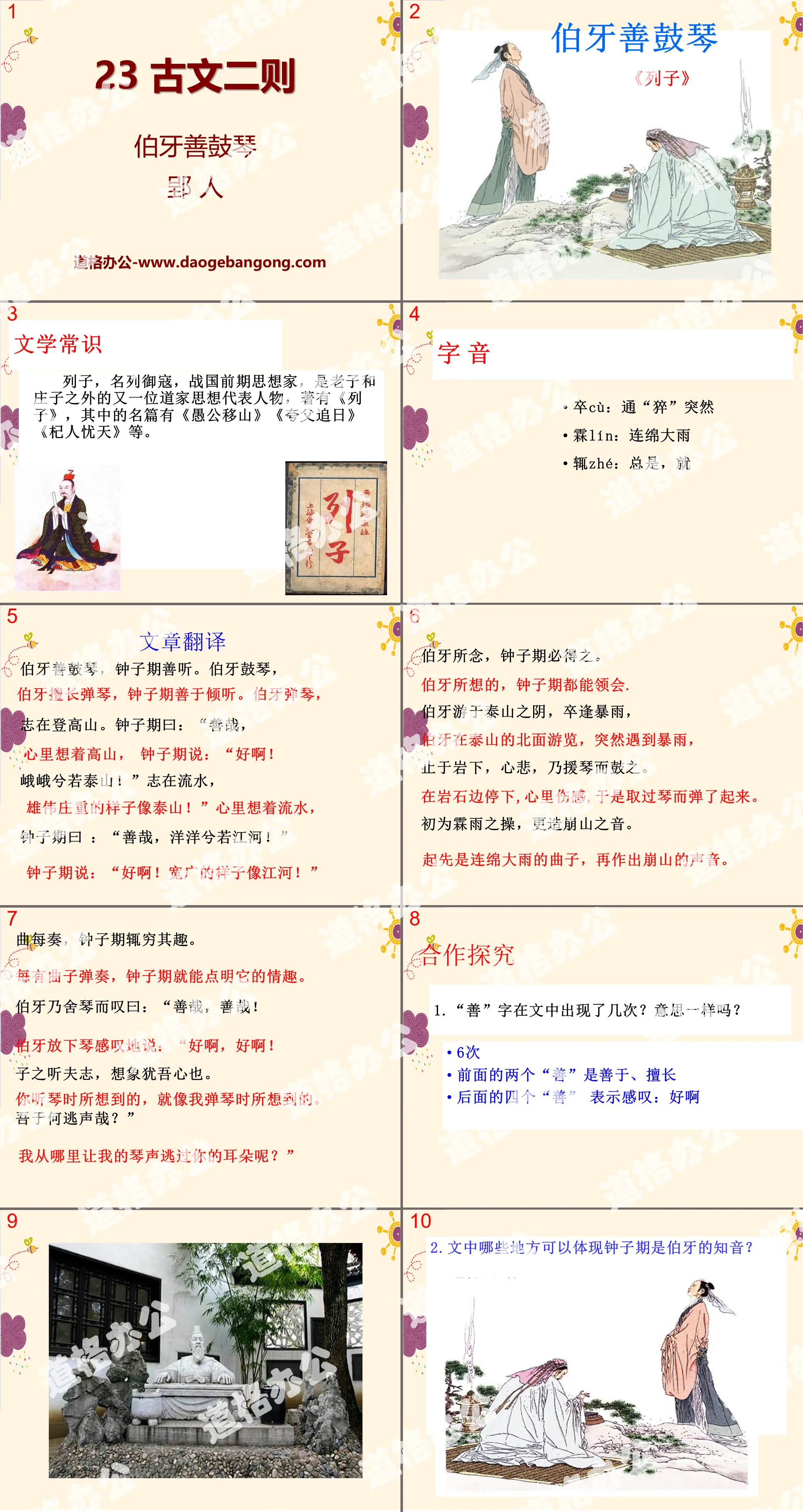The second volume of first-grade Chinese compiled by the People's Education Publishing House
The second volume of fifth-grade Chinese compiled by the People's Education Publishing House
The first volume of Chinese language for eighth grade compiled by the People's Education Publishing House
The first volume of first-grade Chinese compiled by the People's Education Publishing House
The first volume of ninth-grade Chinese compiled by the People's Education Publishing House
The first volume of fourth-grade Chinese compiled by the People's Education Publishing House
The first volume of Chinese language for sixth grade compiled by the People's Education Publishing House
The second volume of Chinese language for eighth grade compiled by the People's Education Publishing House
The first volume of Chinese language for fifth grade compiled by the People's Education Publishing House
The first volume of second-grade Chinese compiled by the People's Education Publishing House
Hunan Education Edition Third Grade Chinese Language Volume 1
The second volume of fourth-grade Chinese compiled by the People's Education Publishing House
The first volume of third-grade Chinese compiled by the People's Education Publishing House
The second volume of second-grade Chinese compiled by the People's Education Publishing House
The second volume of Chinese language for sixth grade compiled by the People's Education Publishing House
The second volume of seventh-grade Chinese compiled by the People's Education Publishing House

| Category | Format | Size |
|---|---|---|
| Chinese version seventh grade Chinese language volume 2 | pptx | 6 MB |
Description
"Two Classical Prose" PPT courseware
Literary knowledge
Liezi, named Yukou, was a thinker in the early Warring States period. He was another representative of Taoist thought besides Laozi and Zhuangzi. He was the author of Liezi, whose famous works include "The Foolish Old Man Moves the Mountain", "Kuafu Chasing the Sun", "Unfounded Worry", etc. .
word sound
Death cù: pass "suddenly" suddenly
Lin lín: continuous heavy rain
蔄zhé: always, just
Article translation
Boya was good at playing the drum and harp, and Zhong Ziqi was good at listening. Boya drums and harps,
Boya was good at playing the harp, and Zhong Ziqi was good at listening. Boya plays the piano,
Aiming to climb mountains. Zhong Ziqi said: "That's good.
Thinking of the mountains, Zhong Ziqi said: "Okay!
The mountains are as tall as Mount Tai! "Aiming at flowing water,
It looks majestic and solemn like Mount Tai! "Thinking about running water in my heart,
Zhong Ziqi said: "How good it is! It's like a river!"
Zhong Ziqi said: "Okay! It's broad and looks like a river!"
collaborative inquiry
1. How many times does the word "kindness" appear in the text? Does it mean the same thing?
6 times
The first two "good" are good at and good at
The four "good" words at the end express the exclamation: OK
2. Where in the article can it be shown that Zhong Ziqi is Boya’s close friend?
(1) Boya is good at playing the drum and harp, and Zhong Ziqi is good at listening.
(2) Boya played the harp and set his sights on high mountains. Zhong Ziqi said: "How wonderful! It's as high as Mount Tai!"
(3) Aiming at flowing water, Zhong Ziqi said: "How good it is! It looks like a river!"
(4) Whatever Bo Ya thinks about, Zhong Ziqi will definitely get it.
(5) Every time a piece of music is played, Zhong Ziqi is constantly exhausted.
Consolidate feedback
1. Liezi, named ______, is said to be from ______ Zheng State, a thinker and language and literature writer. "Bo Ya is good at drums and harp" is selected from______.
2. How is Boya "good" at playing the harp, and how is Zhong Ziqi "good" at listening?
Boya pinned his feelings on the sound of the piano and was very good at playing the piano, while Ziqi had a high level of music appreciation. No matter how Boya played, Ziqi could accurately express Boya's thoughts.
3. What is the common truth contained in these two ancient texts?
Principle: A close friend is rare and a close friend is hard to find.
1. Self-research and self-exploration:
1. Understand Zhuangzi, his works and thoughts
2. Master the meaning of classical Chinese words and understand the content of the article based on the notes and context.
3. Grasp the meaning of the article.
2. Mutual assistance and resolving doubts
Help each other at the same table, work in groups, and show results.
Writer's works
Zhuangzi (369 BC - 286 BC) was a philosopher during the Warring States Period and a representative figure of Taoism. His surname was Zhuang, his given name was Zhou, and his given name was Zixiu. He was a native of Mongolia, Song Dynasty (now northeast of Shangqiu, Henan Province).
The representative work is "Zhuangzi", and famous articles include "Xiaoyaoyou" and "Equality of Things", etc. Zhuangzi advocates "the unity of nature and man" and "quietness and inaction".
"Zhuangzi" and "Yingren"
Zhuangzi's thoughts are mainly preserved in the book "Zhuangzi". "Zhuangzi" has a total of thirty-three chapters, divided into three parts: "Internal Chapter", "External Chapter" and "Miscellaneous Chapter" (seven "Internal Chapter", fifteen "External Chapter" and eleven "Miscellaneous Chapter" ). It is generally believed that the seven chapters of the "Inner Chapter" were written by Zhuangzi, and the fifteen chapters of the "Outer Chapter" are generally believed to be written by Zhuangzi's disciples, or that they were written in collaboration between Zhuangzi and his disciples. It reflects This is Zhuangzi’s true thought.
"The Man of Ying" is a section in the long story "Zhuangzi·Xu Wugui". "Xu Wugui" is the name of the person at the beginning of the chapter. It is composed of more than ten unrelated stories with a small amount of discussion. The content of the whole article is very complicated, the center is unclear, and there is no connection between the stories, but most of them advocate the thought of inaction. The selected part of the text mainly talks about Zhuangzi's memory of Huizi.
Consolidate feedback
1. Add Braille phonetic notation to the following.
Yingren ( ) Chouzhi ( ) Chuman ( )
Fly Wing ( ) Silent Man ( )
2. According to the meaning of the following words, find the corresponding ancient Chinese monosyllabic words from the article "Ying Ren".
(1) Passing by ( ) (2) Looking back ( )
(3) Say to... ( ) (4) Wings ( )
(5) used to ( ) (6) let ( )
(7) Look ( ) (8) Object ( )
Over the past thousands of years, many literati have written many famous quotes about friendship. Let’s read them together.
We know each other in the sea, and we are as close to each other as far away as the world (Wang Bo, Tang Dynasty)
I advise you to drink a glass of wine and leave Yangguan in the west without any old friends. (Tang Wang Wei)
The water in Peach Blossom Pond is a thousand feet deep, and it is not as deep as Wang Lun's love for me. (Tang Li Bai)
Don't worry, there will be no friends in the future. No one in the world will know you. (Tang Gao Shi)
The most precious thing in life is to know oneself, and to meet flesh and blood relatives from all over the world (Li He of the Tang Dynasty)
How many people can you count among your closest friends in your life? (Bai Juyi of Tang Dynasty)
Keywords: Two ancient Chinese teaching courseware, Chinese language version of seventh grade Chinese courseware for the second volume, seventh grade Chinese slide courseware download, two ancient Chinese PPT courseware download, .ppt format
For more information about the PPT courseware "Two Classical Prose", please click the "Two Classical Prose" ppt tag.
"Two Classical Prose" PPT courseware 3:
"Two Classical Prose" PPT courseware 3 About the author Fan Ye, also known as Weizong, also known as Bo. A famous historian and writer in the Southern Dynasty and Song Dynasty. Later he was killed for some reason. "Book of the Later Han Dynasty" records the history of the Eastern Han Dynasty in a biographical style, and the article style tends to be parallel style, recording the history of the Eastern Han Dynasty. The chronicles and biographies are written by Fan Ye..
"Two Classical Prose" PPT courseware 2:
"Two Classical Prose" PPT Courseware 2 Fan Ye (398~445) was named Weizong. A famous historian and writer in the Southern Dynasty and Song Dynasty. The original biography of "Song Shu" describes him as: knowledgeable in classics and history, good at writing articles, able to write official script, and good at music and rhythm. The first "Four Knowledges" Yang Zhen is particularly enthusiastic about education. Since 20...
File Info
Update Time: 2024-11-22
This template belongs to Chinese courseware Chinese version seventh grade Chinese language volume 2 industry PPT template
"Two Classical Prose" PPT courseware Simple campus recruitment activity planning plan summary enterprise and institution recruitment publicity lecture PPT template is a general PPT template for business post competition provided by the manuscript PPT, simple campus recruitment activity planning plan summary enterprise and institution recruitment promotion Lecture PPT template, you can edit and modify the text and pictures in the source file by downloading the source file. If you want more exquisite business PPT templates, you can come to grid resource. Doug resource PPT, massive PPT template slide material download, we only make high-quality PPT templates!
Tips: If you open the template and feel that it is not suitable for all your needs, you can search for related content "Two Classical Prose" PPT courseware is enough.
How to use the Windows system template
Directly decompress the file and use it with office or wps
How to use the Mac system template
Directly decompress the file and use it Office or wps can be used
Related reading
For more detailed PPT-related tutorials and font tutorials, you can view: Click to see
How to create a high-quality technological sense PPT? 4 ways to share the bottom of the box
Notice
Do not download in WeChat, Zhihu, QQ, built-in browsers, please use mobile browsers to download! If you are a mobile phone user, please download it on your computer!
1. The manuscript PPT is only for study and reference, please delete it 24 hours after downloading.
2. If the resource involves your legitimate rights and interests, delete it immediately.
3. Contact information: service@daogebangong.com
"Two Classical Prose" PPT courseware, due to usage restrictions, it is only for personal study and reference use. For commercial use, please go to the relevant official website for authorization.
(Personal non-commercial use refers to the use of this font to complete the display of personal works, including but not limited to the design of personal papers, resumes, etc.)
Preview










